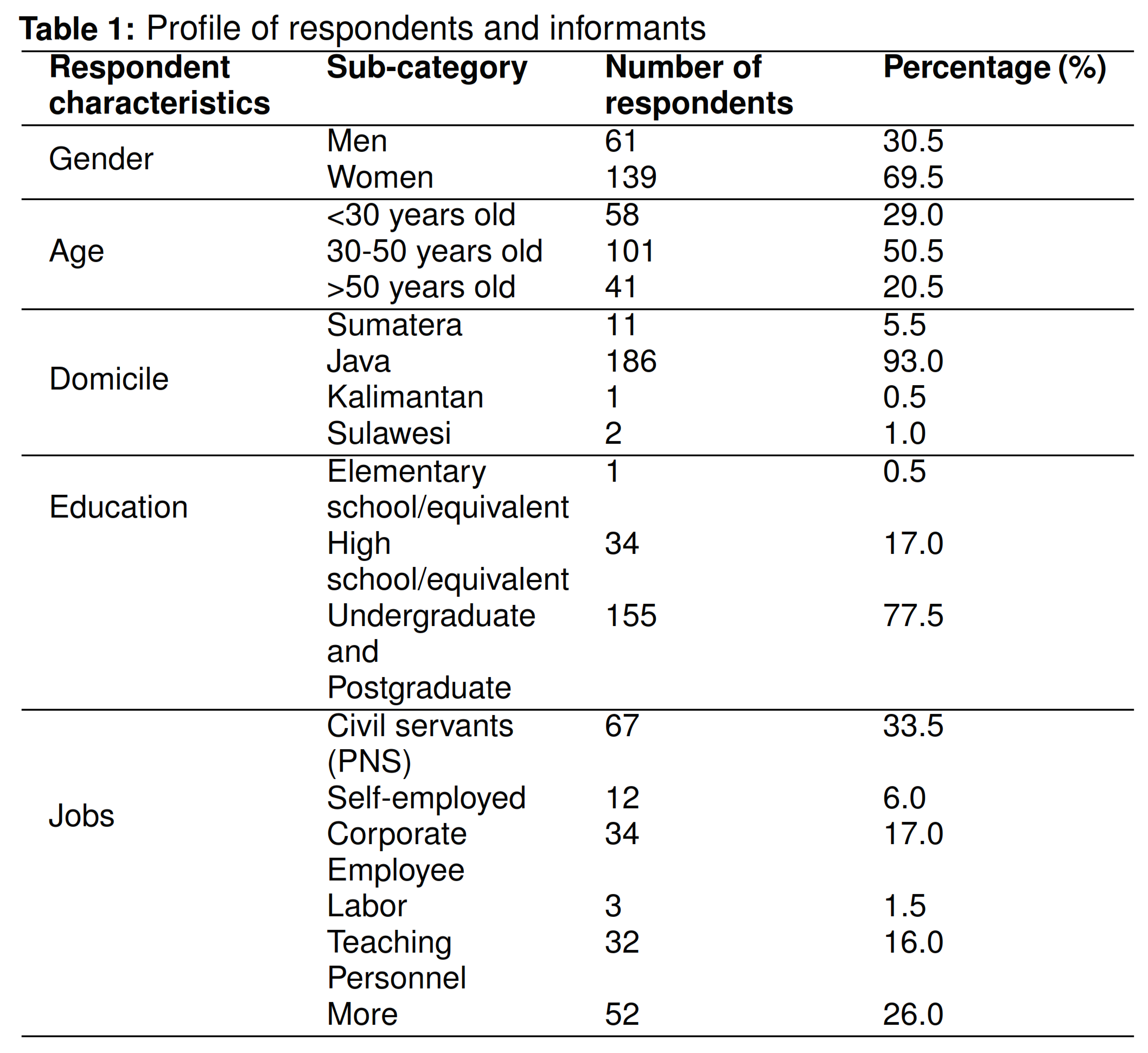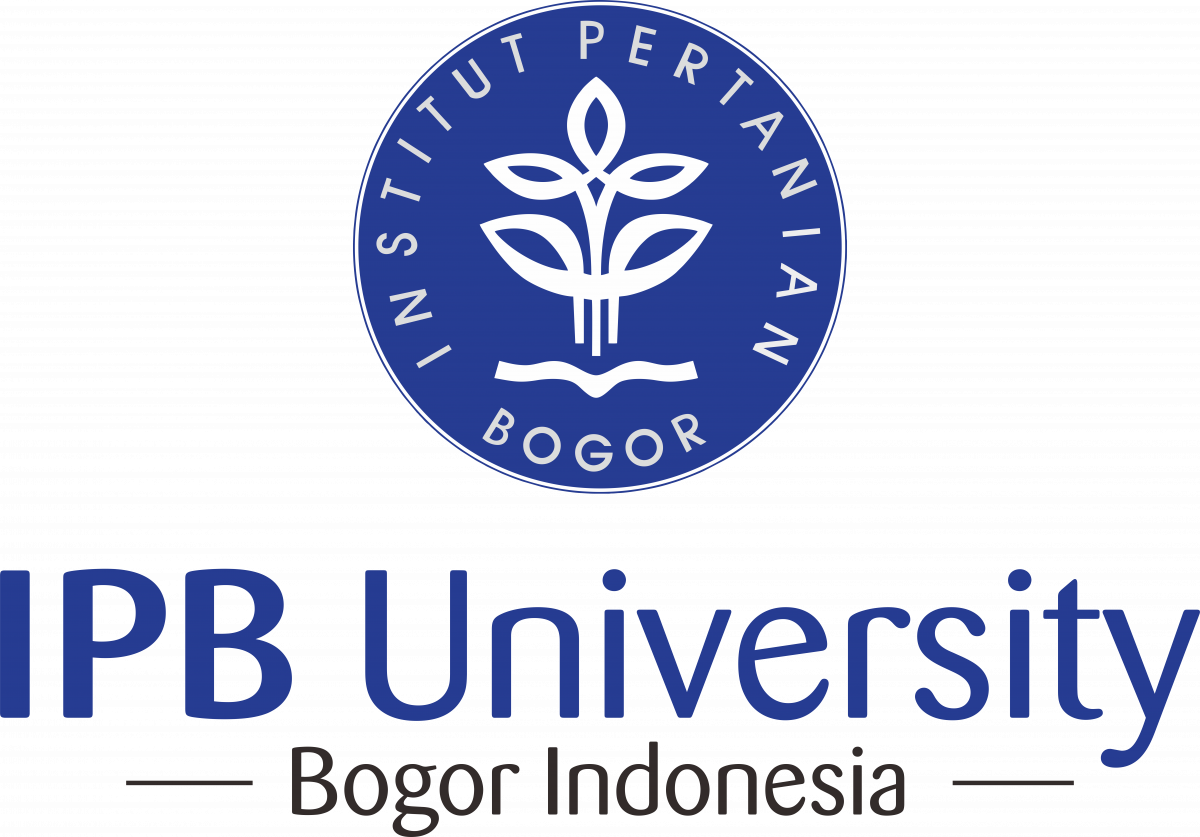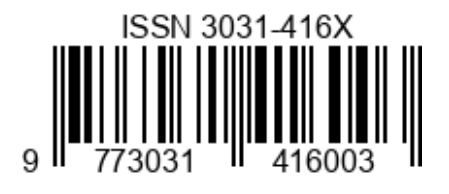Muzakki’s enthusiasm towards the use of productive zakat on financing free halal certification for micro and small enterprises
Abstract
The cost of obtaining halal certification is often significant, and this has made its obtainance difficult for many Micro and Small Enterprises (MSEs). In order to promote the attainment of halal certification, the government has been observed to offer free certification programs for MSEs, with expenses being totally covered by the State Budget (APBN). Based on the results, alternative sources of financing beyond the state budget are necessary, with productive zakat being a plausible option. Therefore, the present study aims to assess the willingness of Muzakki to use productive zakat to finance free halal certification for MSEs and to analyze the factors influencing this willingness. To achieve the stated objectives, scoring and Structural Equation Models, namely Partial Least Square (SEM-PLS), were adopted as the analytical methods. Data were collected via electronic questionnaires administered to 200 respondents who had previously contributed mal zakat, and interviews conducted with representatives from BAZNAS. The obtained results showed that a positive inclination existed among Muzakki to use productive zakat for financing halal certification for MSEs. The observed key factors influencing enthusiasm of Muzakki include external motivation and consistency in zakat contributions. To enhance the role of zakat, the study suggests that zakat institutions should prioritize information dissemination and awareness campaigns through various media channels.
References
Abbas D, Siregar S, Nuruddin A. The Model of Productive Zakat Distribution in Increasing the Society Welfare in Aceh Province. IOSR Journal of Humanities and Social Science. 2017;22(11).
Abdul M, Ismail H, Hashim H, Johari J. SMEs and Halal Certification. China-USA Bus. Rev. 2009;8(4):22-29.
Amelia S, Jamilah S. The Influence of Income Level, Religiosity, and Social Environment on Muzakki's Decision to Pay Zakat. Jurnal Ekonomi Trisakti. 2022;2(1):15-28. https://doi.org/10.25105/jet.v2i1.13552
Arsyianti LD, Kassim S, Adewale A. Socio-Demographic and Economic Factors Affecting Regular Charity-Giving: A Case of Low-Income Households in Indonesia. International Journal of Zakat. 2017;2(1):21-29. https://doi.org/10.37706/ijaz.v2i1.12
Arwani A, Wardami DK, Rotinsulu CN, Hariyani DS. The Effect of Information Disclosure, Financial Statements, and Accountability on Consistency Muzakki. The Seybold Report. 2022;17(6):2116-2131.
Asfarina M, Ascarya A, Beik IS. Classical and Contemporary Fiqh Approaches to Re-estimating the Zakat Potential in Indonesia. Journal of Islamic Monetary Economics and Finance. 2019;5(2):387-418. https://doi.org/10.21098/jimf.v5i2.1068
Ayuniyyah Q, Pramanik AH, Saad NM, Ariffin MI. The Comparison between Consumption and Production-Based Zakat Distribution Programs for Poverty Alleviation and Income Inequality Reduction. International Journal of Zakat. 2017;2(2):11-28. https://doi.org/10.37706/ijaz.v2i2.22
Aziz A. The Effect of BMT Management on Performance to Distribute Productive Financing in Small Business Sectors in Cirebon. Al-Amwal: Jurnal Ekonomi dan Perbankan Syari'ah. 2019;11(1):1-14.
Aziz YA, Vui CN. The Role of Halal Awareness and Halal Certification in Influencing Non-Muslims' Purchase Intention. 3rd International Conference on Business and Economic Research, Indonesia. 2012. Available at: www.internationalconference.com.my.
Bahri ES, Ariwibowo P, Robbani H. Productive Zakat on Sharia Perspective and Regulation in Indonesia. Literatus Journal. 2020;2(1):66-76. https://doi.org/10.37010/lit.v2i1.36
Bahri ES, Suhaeti A, Nasution N. Trust, Religiosity, Income, Quality of Accounting Information, and Muzakki Decision to Pay Zakat. Jurnal Akuntansi dan Keuangan Islam. 2021;9(1):39-58. https://doi.org/10.35836/jakis.v9i1.217
[BI]. Kajian Ekonomi dan Keuangan Syariah 2022. 2022.
[BAZNAS]. Laporan Pengelolaan Zakat Nasional Tahun 2021. 2021.
Bentler PM, Chou C-P. Practical issues in structural modeling. Sociological Methods & Research. 1987;16(1):78-117. https://doi.org/10.1177/0049124187016001004
Charities Aids Foundation. World Giving Index 2022: A Global View of Giving Trends. 2022.
Chin WW. The partial least squares approach to structural equation modeling. Modern Methods for Business Research/Lawrence Erlbaum Associates. 1998.
Choiri M, Ma'adi ASU. Identifikasi Pemberdayaan dan Sertifikasi Halal Pada UMKM oleh Lembaga Zakat di Bangkalan Madura. AL-MANHAJ: Jurnal Hukum dan Pranata Sosial Islam. 2023;5(1):787-796. https://doi.org/10.37680/almanhaj.v5i1.2289
Diyanti D, Hubeis M, Affandi MJ. Pengaruh motivasi kerja dan iklim kerja terhadap kepuasan kerja dan implikasinya terhadap kinerja tenaga kependidikan Institut Pertanian Bogor. Jurnal Aplikasi Bisnis dan Manajemen. 2017;3(3):366. https://doi.org/10.17358/jabm.3.3.361
Faridah HD. Halal certification in Indonesia; History, Development, and Implementation. Journal of Halal Product and Research. 2019;2(2):68-78. https://doi.org/10.20473/jhpr.vol.2-issue.2.68-78
Giyanti I, Indriastiningsih E. Impact of Halal Certification on the Performance of Food Small Medium Enterprises. Jurnal Ilmiah Teknik Industri. 2019;18(2):116-123. https://doi.org/10.23917/jiti.v18i2.7242
Hair JJF, Hult G, Tomas M, Christian, Sarstedt M. A Primer on Partial Least Squares Structural Equation Modeling. 2014. Vol 46. https://doi.org/10.1016/j.lrp.2013.01.001
Hair Junior JF, Hult GTM, Ringle CM, Sarstedt M. A Primer on Partial Least Squares Structural Equation Modeling (PLS-SEM) 3rd ed. SAGE Publications, Inc. 2014.
Hamidi I, Atiyatna DP, Efriandy I. The Effect of Zakat Productivity toward Small Medium Enterprise Incomes of Recipient of Zakat. 5th Sriwijaya Economics, Accounting, and Business Conference (SEABC 2019). 2020;142:218-222. https://doi.org/10.2991/aebmr.k.200520.038
Haryono S. Metode SEM: AMOS, LISREL, PLS. PT. Intermedia Pers. Utama. 2016.
Hasan H, Sulong RS, Tanakinjal GH. Halal Certification among the SMEs in Kinabalu, Sabah. Journal of Consumer Sciences. 2020;5(1):16-28. https://doi.org/10.29244/jcs.5.1.16-28
Herliansyah Y, Nugroho L, Ardilla D, Putra Y. The Determinants of Micro, Small and Medium Entrepreneur (MSME) Become Customer of Islamic Banks (Religion, Religiousity, and Location of Islamic Banks). ACEBISS 2019: Proceedings of the First Annual Conference of Economics, Business, and Social Science. 2020;128. https://doi.org/10.4108/eai.26-3-2019.2290775
Jamaluddin J, Abdullah MW. The Role of Sharia Financial Institution to Empowering SMEs. Proceeding AICIEB: Annual International Conference on Islamic Economics and Business. 2019;155-169.
Kamal J, SP ME, Muda I, Soemitra A. The effect of zakat distribution through small-medium enterprises (SME) programs on increasing the mustahik economy: A study on "Swadaya Ummah" Amil Zakat Institution, Pekanbaru Office. Turkish Online Journal of Qualitative Inquiry. 2021;12(6):4924-4930.
Kashif M, Faisal Jamal K, Abdur Rehman M. The dynamics of zakat donation experience among Muslims: A phenomenological inquiry. Journal of Islamic Accounting and Business Research. 2018;9(1):45-58. https://doi.org/10.1108/JIABR-01-2016-0006
Kementerian Koperasi dan UKM Republik Indonesia. Laporan Kinerja Kementerian Koperasi dan Usaha Kecil dan Menengah. 2023.
Khaerunisa S, Yayuli Y, Febriandika NR. Analysis of the impact of COVID-19 on the collection of ZIS funds (zakat, infaq, and shodaqoh) in LAZISMU Surakarta in 2020. The International Conference on Islamic Economics, Islamic Finance, & Islamic Law ICIEIFL 2021. 2021:65-74.
Lubis E, Haryanto B, Muhajir M, Elviyanti S, Hidayah NA. Telaah pengaturan efektif pemanfaatan ziswa untuk bantuan sertifikasi halal bagi UMKM. Veritas. 2022;8(2):191-212. https://doi.org/10.34005/veritas.v8i2.2088
Lutfi M, Muin R. Zakat management in countries that require zakat and countries that do not require zakat. Formosa Journal of Sustainable Research. 2023;2(2):311-324. https://doi.org/10.55927/fjsr.v2i2.3076
Madden K, Rashid B, Zainol NA. Beyond the motivation theory of destination image. Tourism and Hospitality Management. 2016;22(2):247-264. https://doi.org/10.20867/thm.22.2.1
Nasution J, Nurhayati N, Marliyah M. Campaigning zakat on social media: The role of message strategies in the decision to pay zakat. Jurnal Aspikom. 2023;8(1):53-66. https://doi.org/10.24329/aspikom.v8i1.1258
Nurzaman MS. The impact of zakat programs from human development perspectives: An empirical evaluation. In: Zulkhibri M, Ismail AG, editors. Financial Inclusion and Poverty Alleviation. Camden: Palgrave Macmillan; 2017. p. 245-269. https://doi.org/10.1007/978-3-319-69799-4_7
Osano HM, Languitone H. Factors influencing access to finance by SMEs in Mozambique: Case of SMEs in Maputo Central Business District. Journal of Innovation and Entrepreneurship. 2016;5:1-16. https://doi.org/10.1186/s13731-016-0041-0
Owoyemi MY. Zakat management: The crisis of confidence in zakat agencies and the legality of giving zakat directly to the poor. Journal of Islamic Accounting and Business Research. 2020;11(2):498-510. https://doi.org/10.1108/JIABR-07-2017-0097
Purwanto BM, Rostiani R. The influence of enthusiasm and personal constraints on the intention to continue volunteering in an uncertain and turbulent environment. International Review on Public and Nonprofit Marketing. 2022:1-28. https://doi.org/10.1007/s12208-022-00349-z
Rido M, Sukmana AH. The urgency of halal certification for MSME business. Journal of Applied Business and Banking (JABB). 2021;2(2):129-142. https://doi.org/10.31764/jabb.v2i2.5644
Rohmah MM, Rintasari N. Factors affecting MSMEs' interest to apply for business financing in Islamic financial institutions. Muhammadiyah International Journal on Economics and Business. 2018;1(2):121-128. https://doi.org/10.23917/mijeb.v1i2.9368
Roziq A, Arifin S, Mahardiyanto A, Manurung DTH. Productive infaq funds for the welfare of the poor. Academy of Strategic Management Journal. 2021;20(5):1-11.
Ruhimat IS. Farmers' motivation level in application of agroforestry system. Jurnal Penelitian Sosial dan Ekonomi Kehutanan. 2015;12(2):131-147. https://doi.org/10.20886/jpsek.2015.12.2.131-147
Santoso S, Cahyono Y, Wafirotin KZ, Ayutika RDN. An analysis of muzakki's behavior in paying zakat mal and factors influencing it: The perspective of the theory of planned behavior. Journal Islamic Finance and Accounting. 2022;4(2):94-107. https://doi.org/10.22515/jifa.v4i2.4912
Setyaningsih ED, Marwansyah S. The effect of halal certification and halal awareness through interest in decisions on buying halal food products. Syiar Iqtishadi Journal of Islamic Economics, Finance and Banking. 2019;3(1):65-79. https://doi.org/10.35448/jiec.v3i1.5515
Silalahi SAF, Fachrurazi F, Fahham AM. Factors affecting intention to adopt halal practices: Case study of Indonesian small and medium enterprises. Journal of Islamic Marketing. 2022;13(6):1244-1263. https://doi.org/10.1108/JIMA-05-2020-0152
Song H, Yu K, Lu Q. Financial service providers and banks' role in helping SMEs to access finance. International Journal of Physical Distribution & Logistics Management. 2018;48(1):69-92. https://doi.org/10.1108/IJPDLM-11-2016-0315
Sukesti F, Budiman M. The role of zakat in business development of SMEs: Study on Baznas Semarang, Central Java, Indonesia. International Journal of Islamic Business Ethics. 2018;3(1):401-409. https://doi.org/10.30659/ijibe.3.1.401-409
Suryadi A. Mustahiq and assets that must be given zakat according to the studies of the Ulama. Tazkiyya: Journal of Islam, Society and Culture. 2018;19(1):1-12.
UU No 33 Tahun 2014 tentang Jaminan Produk Halal.
Vanany I, Soon JM, Maryani A, Wibawa BM. Determinants of halal-food consumption in Indonesia. Journal of Islamic Marketing. 2020;11(2):507-521. https://doi.org/10.1108/JIMA-09-2018-0177
Yuniar GN. Development of MSMEs (Micro, Small and Medium Enterprises) by Baitul Maal Wat Tamwil (BMT) as an instrument for poverty reduction. Advances in Economics and Business. 2015;3(2):41-44. https://doi.org/10.13189/aeb.2015.030201
Zainuddin, Sabban, Risma A. Halal certification as sharia legitimacy for economic empowerment of zakat mustahiq. JL Pol'y & Globalization. 2022;127:20-24.

Copyright (c) 2024 Neneng Hasanah, Uly Anggraeni Putri, Tasya Nur Aisyah, Karlita Anggini, Anindia Meil Priyanto, Mohammad iqbal Irfany

This work is licensed under a Creative Commons Attribution-ShareAlike 4.0 International License.











